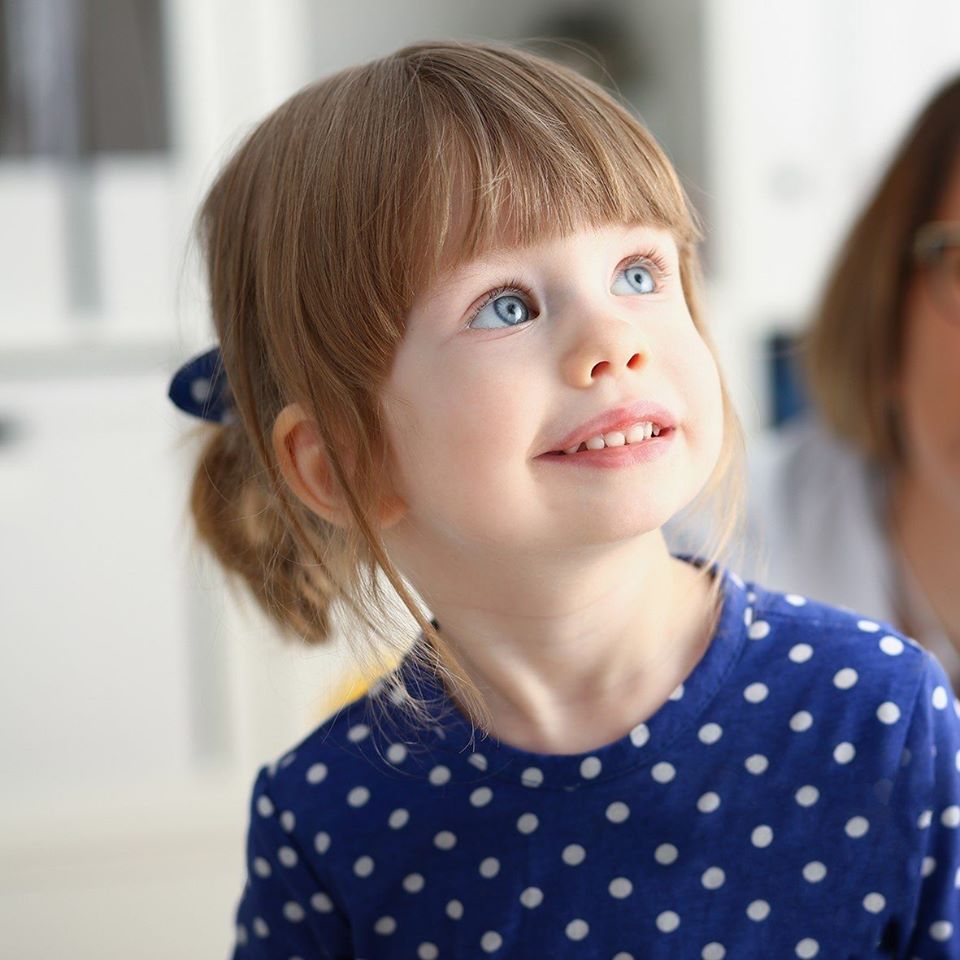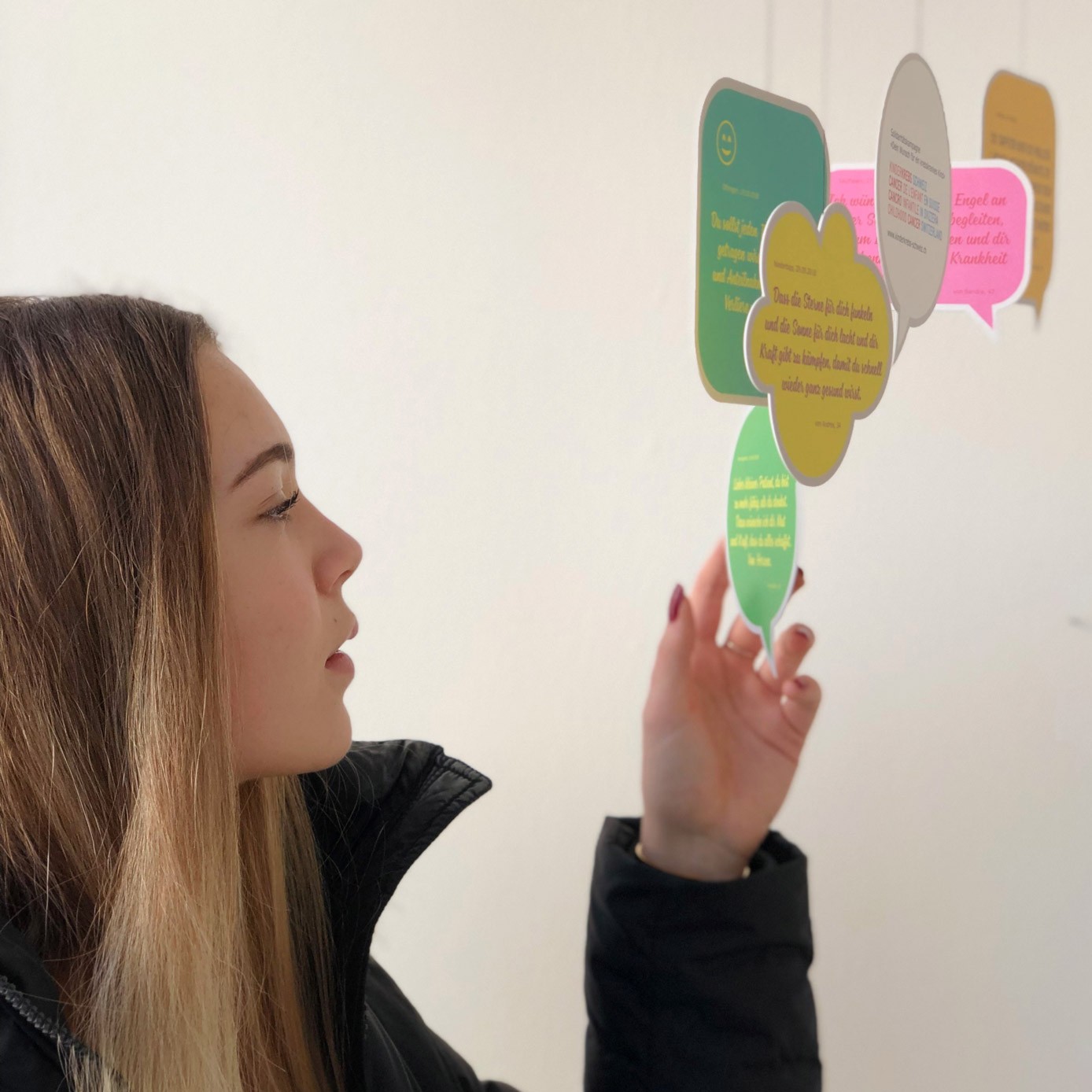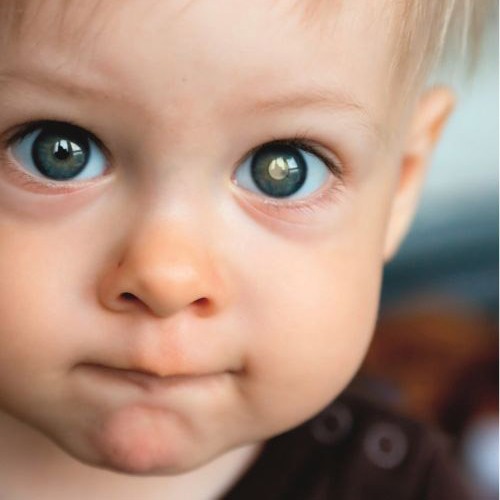Many survivors are not sufficiently informed about the risks, which often do not occur until decades after the illness, as Switzerland still lacks structured and comprehensive follow-up care. Furthermore, the transition from paediatric to adult medicine is not systematically organised. These factors result in an important opportunity being missed, namely to detect late effects at an early stage through regular and personalised follow-up consultations and to treat them in a much better way.
After successful treatment, most survivors go through challenging situations that are not always understood by their social environment. The need to exchange ideas and network with like-minded people is therefore great. There are also many hurdles to overcome with regard to school and professional reintegration, and to a career choice in general.
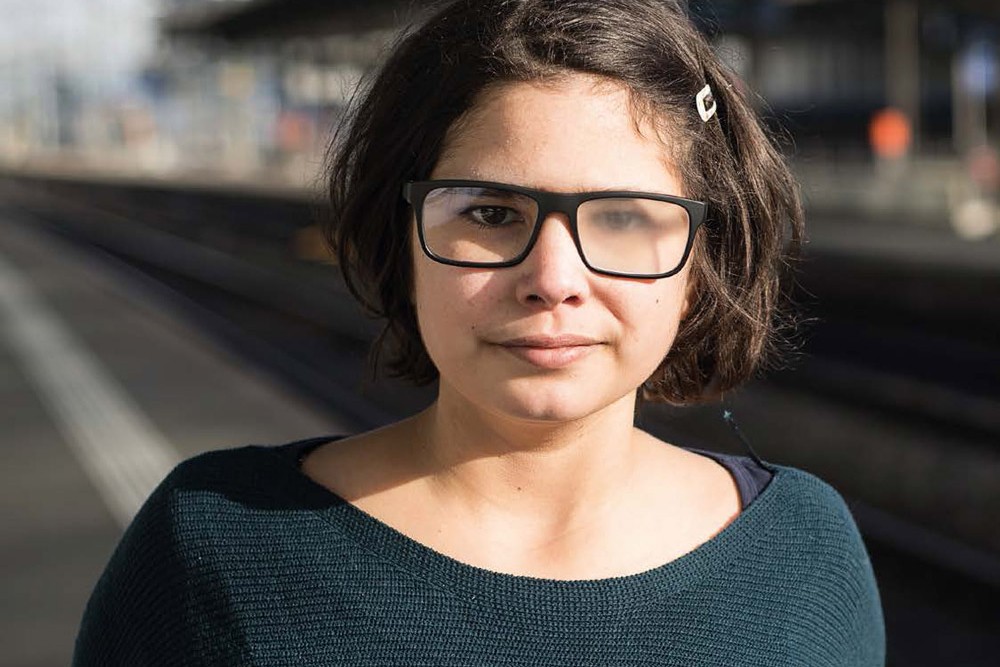
Fighting your way back into life
Delia Mazuret, Survivor
Late effects in adulthood
Two thirds of survivors suffer from moderate to severe late effects. Their type, frequency and severity depend on the therapy and on individual risk factors. The frequency of late effects also increases over the course of a lifetime – therefore, according to current findings, long-term survivors need lifelong follow-up care that is individually tailored to their oncological therapy.
Frequent long-term consequences of childhood cancer include impaired functions of organ systems, such as the heart, kidneys, lungs and hearing, and a reduction in mental capacity. In addition, there are other consequences, such as infertility, growth disorders and osteoporosis. Many survivors suffer from chronic fatigue and concentration difficulties, even depression, and psychosocial problems can also occur. There is also a risk that the cancer can return in the form of second tumours.
Since the exchange of information is not guaranteed, especially during the transition from paediatric to adult medicine, the consequences are uncertainty in the case of new disorders, lacking or unnecessary examinations, and the risk of falling seriously ill again.
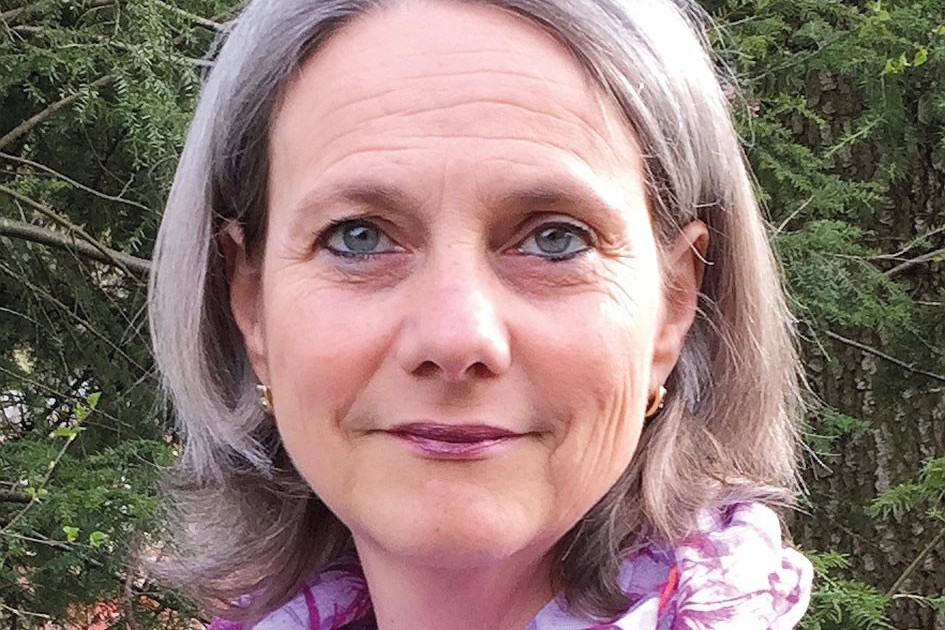
Parents and their role in follow-up care: between trusting and letting go
Daniela Dommen, mother of a survivor and former Vice-President of Childhood Cancer Switzerland.
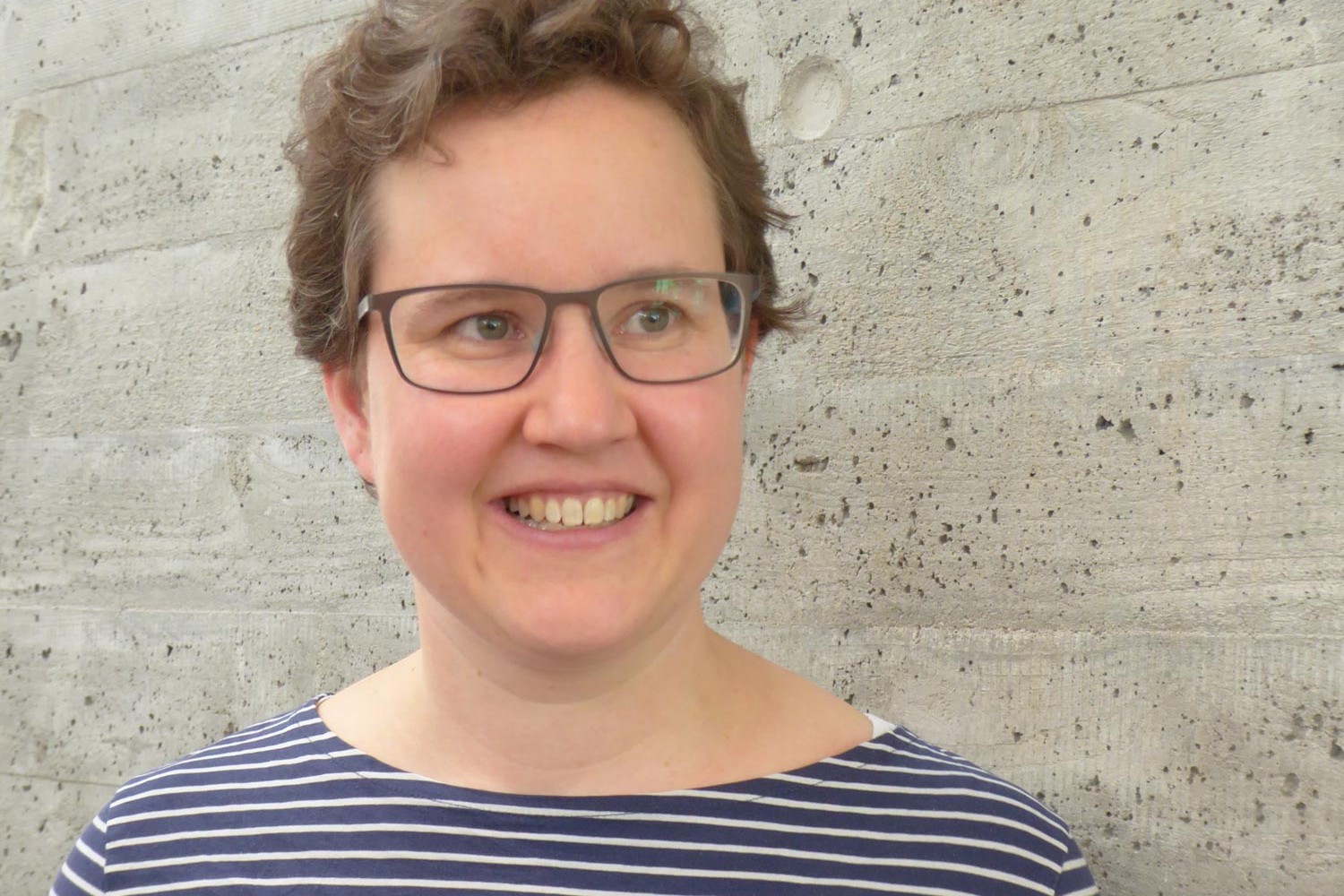
Childhood cancer and its consequences - why follow-up care is so important
Eva Maria Tinner, MD, paediatric oncologist and haematologist at Bern University Hospital
Equal opportunities and optimal quality of life
The number of childhood cancer survivors is increasing. Whereas in the past the focus was on healing and survival, today it is increasingly on questions of the quality of life after intensive therapy. Long-term follow-up care after childhood and adolescent cancer is therefore essential. It is used to detect and treat possible late effects of cancer treatment at an early stage.
In order to support former childhood cancer patients in their concerns and to improve their situation, Childhood Cancer Switzerland has created a contact point for survivors. The competence centre is committed at national and international level to the expansion of optimal and systematic care so that all survivors will have access to personalised follow-up care in the future. In cooperation with those affected, it develops offers that promote exchange and networking among survivors and organises specialist conferences and workshops on important topics.
You can find more information about the activities and offers of the Survivors’ Centre.

